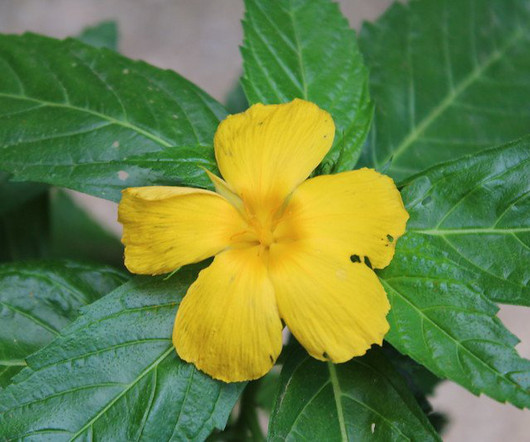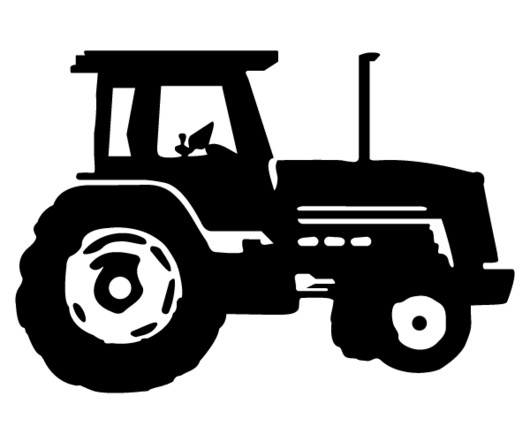Bringing Back the (Flax) Fields of Gold
Modern Farmer
SEPTEMBER 3, 2024
Farmer Jeremy Dunphy stands next to his four-acre test plot, brimming with flax as a cover crop, sharing what he’s learned with a crowd of 20 farmers, textile artists, designers, and educators. Scutching takes the flax straw and separates the short fibers, long fibers, shives, and seeds, through mechanical crushing and threshing.












Let's personalize your content